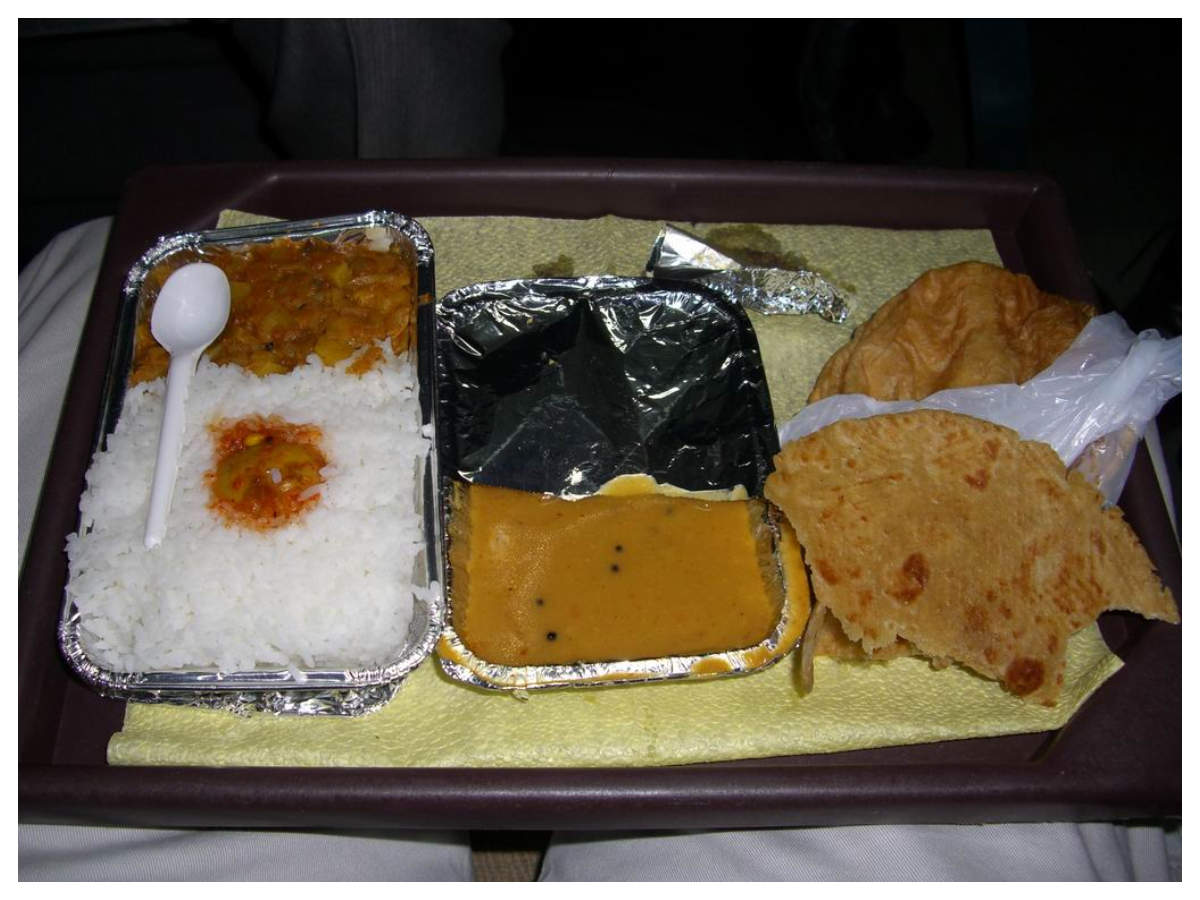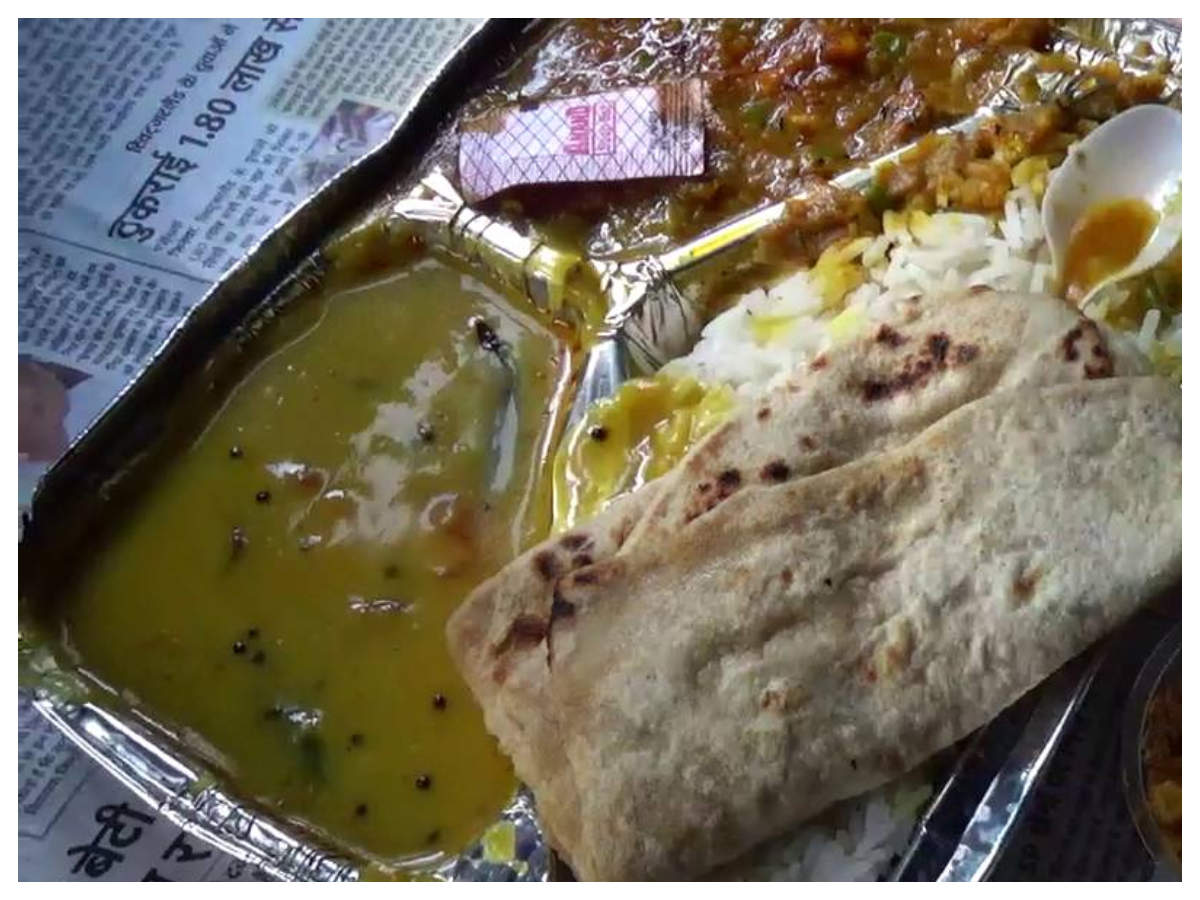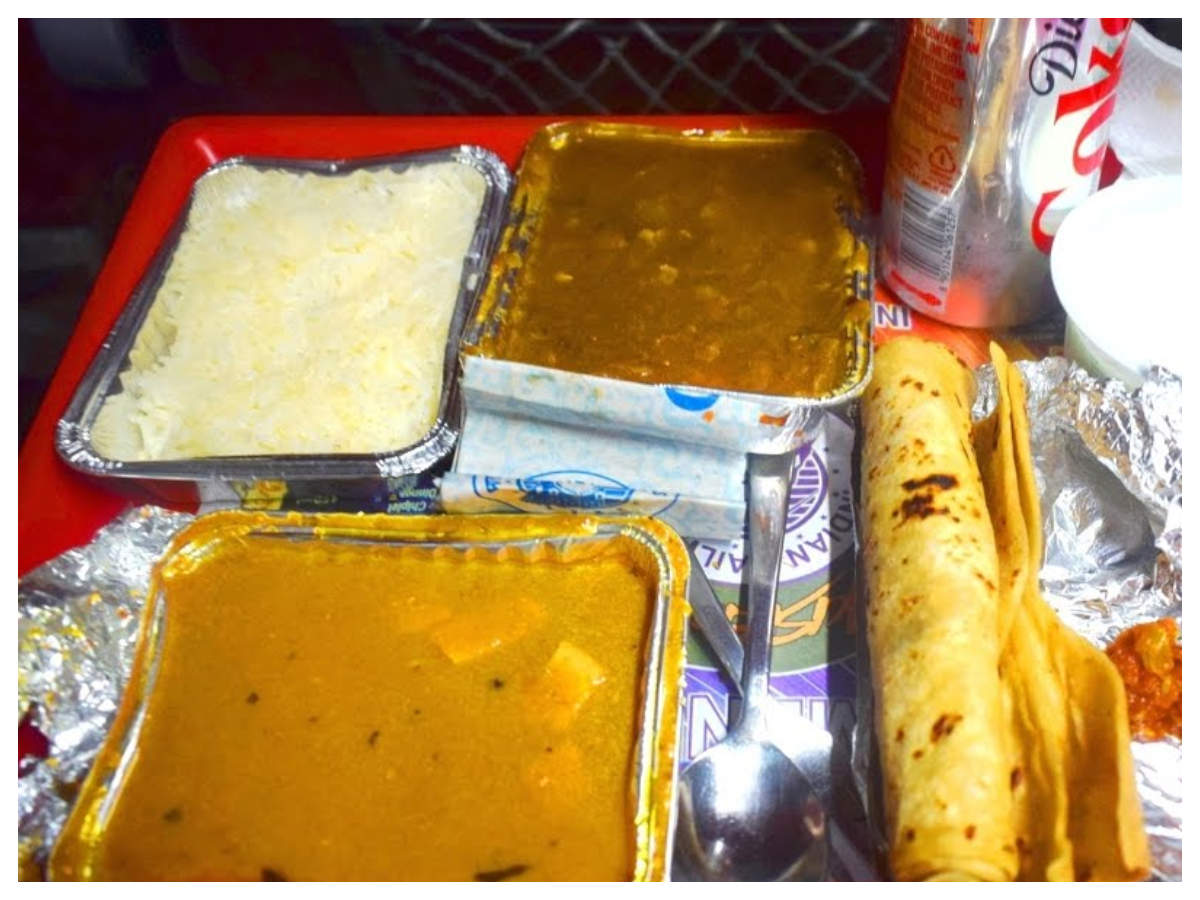FDA finds rotten vegetables, unhygienic conditions and poultry, meat and masalas (spices) beyond their ‘best before’ use in kitchens of top restaurants in Lonavla
On June 14, the Food and Drug Administration (FDA) under FDA commissioner Suresh Deshmukh undertook a special drive to check the quality of food being cooked and served at 10 restaurants randomly selected in Lonavla.
The drive was undertaken to primarily check the state of hygiene and food safety standards at these restaurants, especially as the monsoons witness a large tourist presence in Lonavla and the season sees an increase in food-related disorders due to contamination of food and water.
The FDA said in a release that it was shocked to note that in a majority of cases, vegetarian and non-vegetarian ingredients being used in the kitchen were beyond the expiry date; raw vegetables being used had started rotting and the conditions in the kitchen were extremely unhygienic. It took action against the restaurants for violating the Food Safety and Standards Act, 2006.
The charge against Lagoona Resort Private Limited,Tungarli, was “presence of 28kg raw chicken beyond its ‘best before use’ for cooking, as also masalas (spices) for fish fingers, kebab and chicken, which were beyond the best before use”. The FDA inspection team also found rotten tomatoes, potatoes and spinach kept for cooking.
When asked about this, the Patio restaurant manager, Sudhir Panda showed a certificate from the FDA, and said “it was a a routine check”. “We had already kept the expiry date chicken and vegetables in the store room to be returned when the raid happened. We didn’t do anything wrong,” said Panda.
In the case of Obetel Grande Resort, Tungarli, the FDA team found “expired mutton masala (spice) being used, uncovered dustbins in the kitchen, vegetarian and non-vegetarian food stored together and rotten tomatoes, onions and cabbage kept for cooking. The restaurant’s manager, Javed Sheikh, refused to comment on the issue.
At Sterling Holiday Resort, Valvan, the FDA inspection team reported “expired boneless chicken in the kitchen, uncovered waste bin and edible and non-edible items being kept together. About this, the restaurant’s general manager, Vasantha Mani Sreejidh, said, “It was a routine FDA check, but for rest of the details please contact the corporate office in Mumbai.” The restaurant’s corporate office did not respond to a query from this newspaper.
At Hotel Kailash Parbat, Tungarli, the FDA inspection reported “expired milk packets, rotten vegetables like tomatoes and cabbage among other issues. About this, Jay Kumar, the general manager, said, “We regularly check the material for expiry dates. On that day, the FDA conducted a sudden raid and just as we had sorted our material, they caught us. We do not keep rotten vegetables and we are changing our equipment and keeping it clean.”
At Chidambaram Mulraj & Company’s Rhythm Hotel, the FDA team reported “expired boneless chicken, potato chips, juice, and expired paneer (cottage cheese) in the kitchen while the ridge gourd had mould and fungus. Ganesh Kadam, operations manager, said , “We get live feed and poultry so the moment we get it, we clean it and freeze it and it can stay for 90 days for usage. We will keep a check on products and material, it was a special visit with a huge team, they had an agenda of targeting all the popular resorts.”
At Kumar Resorts & Amusement Park, which was charged by the FDA with “unclean kitchen, unsatisfactory drainage system, and uncovered dustbins in the kitchen, the operations manager Afroz Khan, said, “It was a routine FDA raid. We accept that the painting, tiles and fumigation was an issue, so we immediately shut the kitchen for a week and got the necessary repairs and fumigation done. It is our mistake that we took longer to keep the kitchen better.”
At JJ Hotels and Resorts, Valvan, which was charged by the FDA of “unhygienic conditions in the kitchen, dirty deep freezer, cobwebs and dirt in the kitchen and collective storing of vegetarian and non-vegetarian food items, the general manager Saurav Mukherjee was apologetic.
The restaurants were found to be serving the customers not only stale food, but the food was also found to be rotten and expired as well. Noticing the grave violation of norms under the Food Safety and Standards Act, the FDA immediately issued warning notices along with filing applications before the quasi-judicial body to impose penalty and fine on the restaurants.
BOX-1: WHAT FDA HAD TO SAY
Suresh Deshmukh, commissioner, FDA Pune (Food), said, “We were shocked to notice that the food in these restaurants was not only cooked in unhygienic and dirty conditions, but it was also rotten and expired and beyond ‘use before’ dates. The food products included chicken, milk, bread, spices, flour, among others, which we found had expired and stored with the restaurants.”
They were also found to have stored vegetarian and non-vegetarian food items together which is highly inappropriate because if any customer is allergic to non-vegetarian food, the customer may get an allergic reaction and fall severely ill, said Deshmukh.
SB Naragude, assistant commissioner, FDA Pune, said, “We have charged the restaurants for using expired products, be it poultry or dairy. The ‘best before’ tag itself means use it before the product expires or it loses its quality. Hence, such products are not safe for use or consumption and serving food made of products that have expired is playing with human lives. This can result in not only severe cases of gastroenteritis, but also other bacterial infections which will only lead to hospitalisation.”
BOX-2:
Between April to July this year
415- Restaurants inspected
104- Notices issued
11- Adjudication applications filed
12- Licences suspended
FDA has demanded that all the 10 restaurants found violating norms on June 14, must be penalised and fined at least for Rs 1 lakh for violating the food safety act.






























